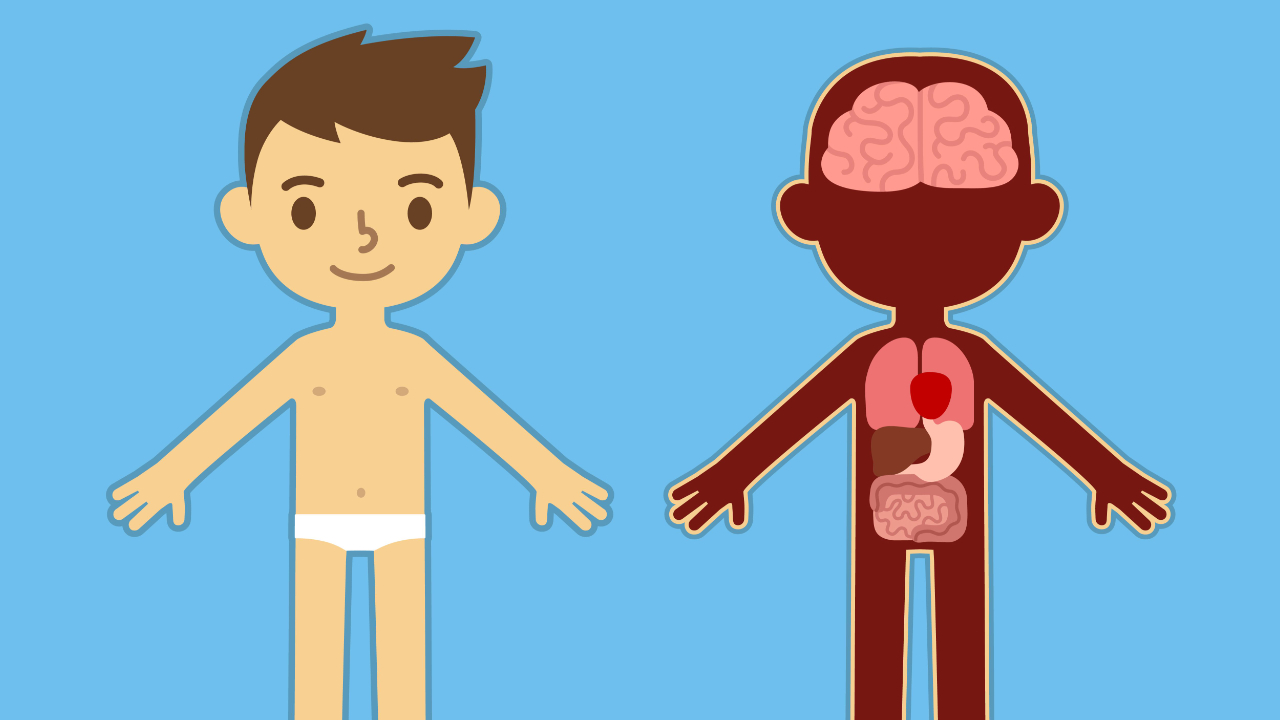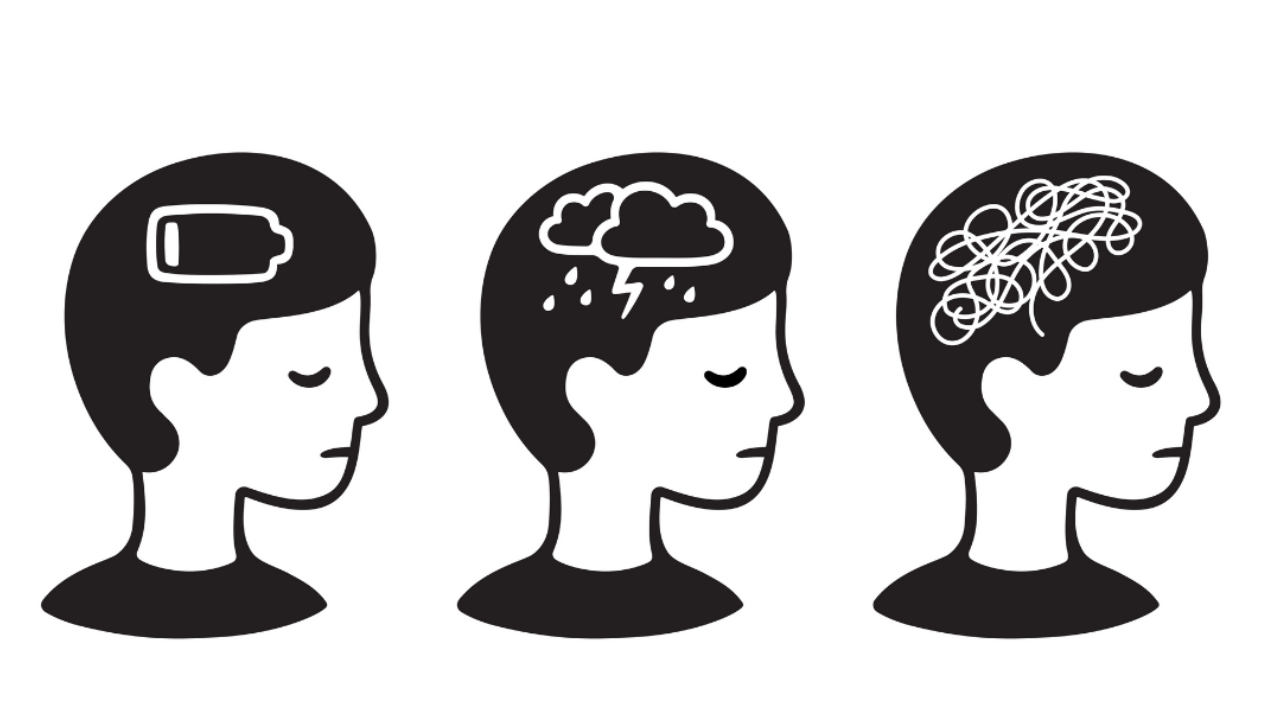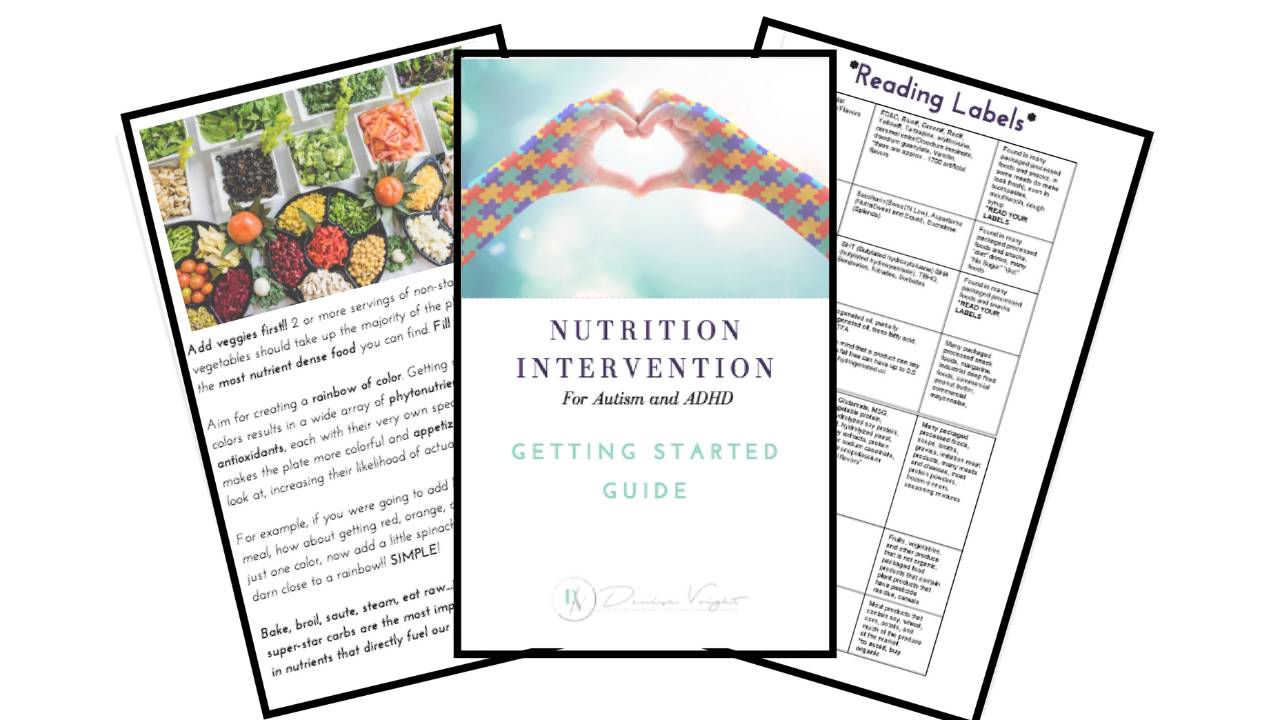Functional Medicine Nutriton Blog
Articles designed to empower parents and caregivers with the knowledge they need to address neurocognitive challenges, picky eating, food sensitivities, and more.
Through functional medicine principles, we focus on root causes—like nutrient deficiencies and gut-brain imbalances—to foster better focus, behavior, sleep, and overall well-being
Leaky gut syndrome, often referred to as increased intestinal permeability, occurs when the lining of the intestines becomes compromised. This allows partially digested food particles, harmful bacteri...
Children with autism spectrum disorder (ASD) may encounter heightened challenges in detoxifying environmental toxins, exhibiting sensitivities to everyday chemicals like household cleaners or air poll...
Children with autism spectrum disorder (ASD) often face chronic gut issues like constipation, bloating, or diarrhea, which can significantly impact their overall health, behavior, and quality of life....
ASD is linked to immune variations, with studies showing higher inflammation markers like cytokines. This can lead to frequent colds, slow recovery, or chronic fatigue, possibly due to atypical immune...
Selective eating in children with autism spectrum disorder (ASD) often stems from sensory aversions to textures, smells, or appearances, limiting nutritional variety. Lets explore some of these challe...
Children with autism spectrum disorder (ASD) often face challenges with repetitive behaviors and resistance to change, impacting daily routines and transitions. This article addresses these issues and...
Children with autism spectrum disorder (ASD) often face sensory processing issues, like noise sensitivity or texture aversions, that can shape their daily experiences. In this article we explore these...
For children with autism spectrum disorder (ASD), play often revolves around restricted interests and repetitive behaviors, offering unique opportunities for growth. Here, we explore these patterns, t...
In the world of autism spectrum disorder (ASD), social cues can feel like a foreign language for many children. From avoiding eye contact to misinterpreting facial expressions, these challenges can im...
One of the most frustrating things for parents of children with Autism Spectrum Disorder is the lack of knowledge we have about the causes of ASD.
Autism awareness organizations have done an exce...
If your child only eats certain foods and often refuses to try new types of food, you may be wondering if your child is a picky eater or has a feeding problem. Here are a few ways to know the diffe...
Keep updated on Functional Medicine Nutrition Special Offers, Services, and Information Shared by Denise Voight
Never miss an update!
You're safe with me. I'll never spam you or sell your contact info.










